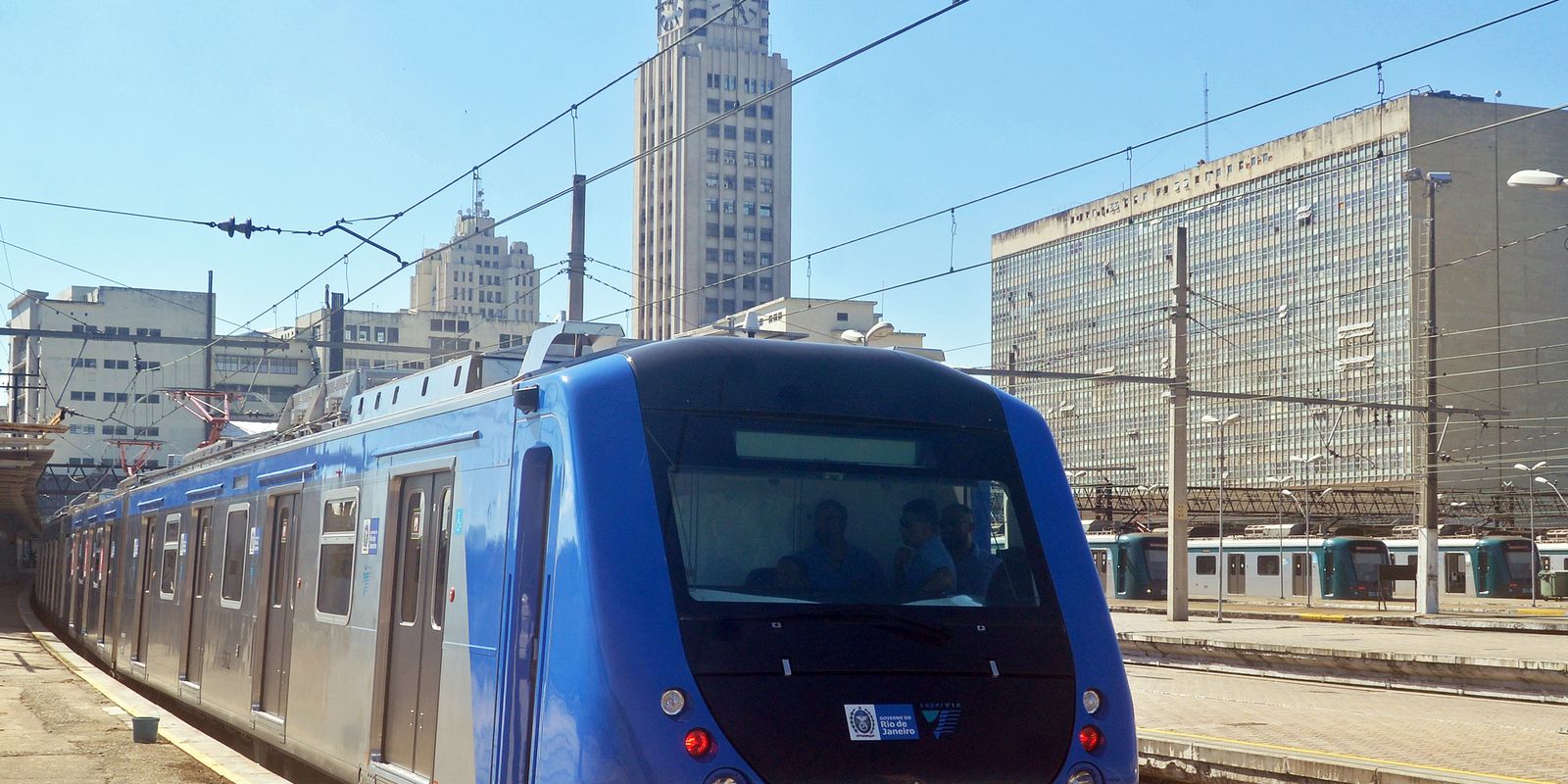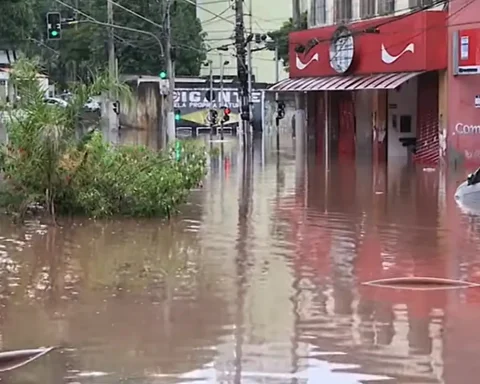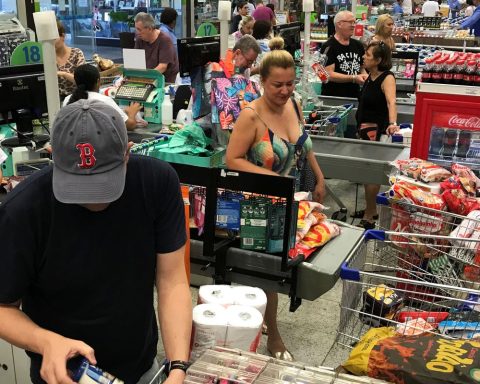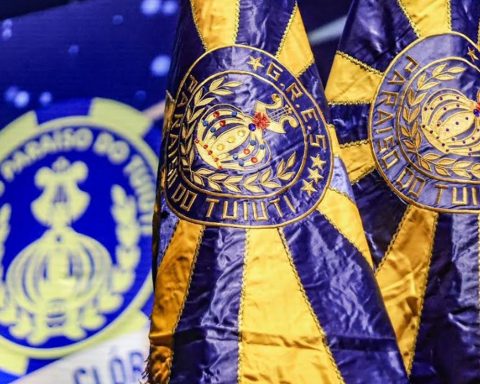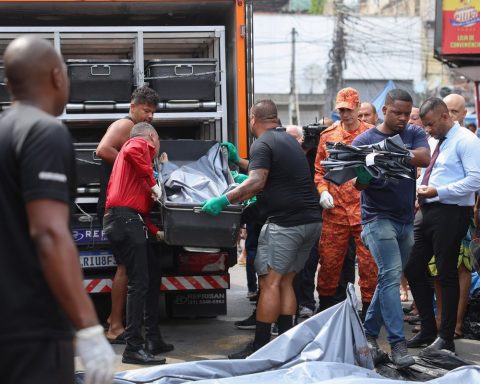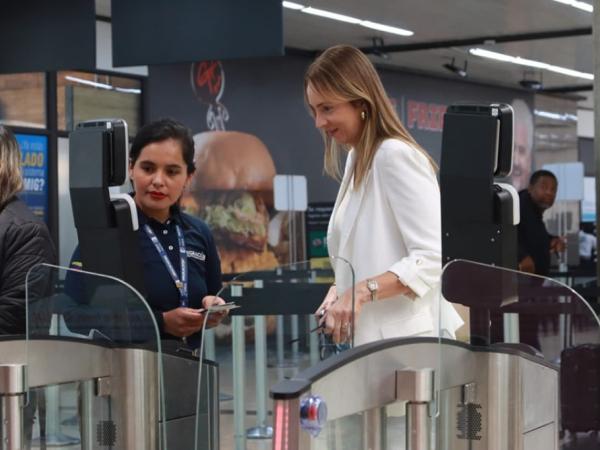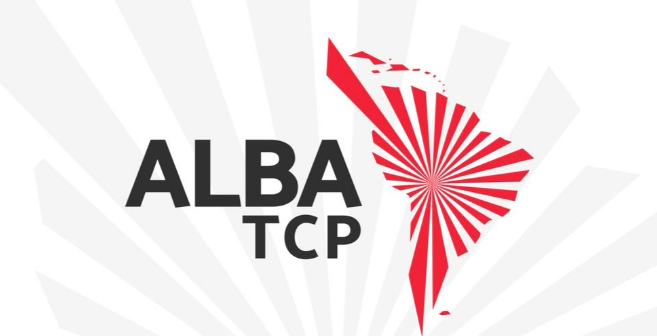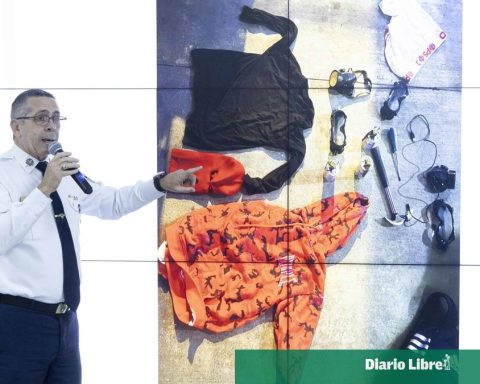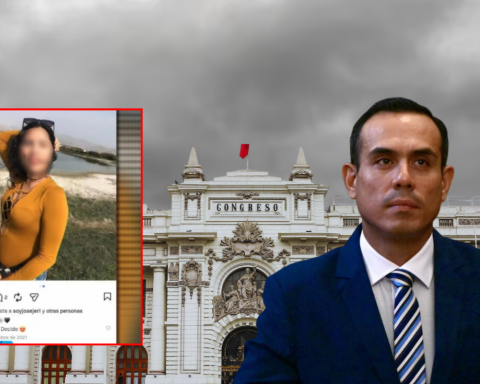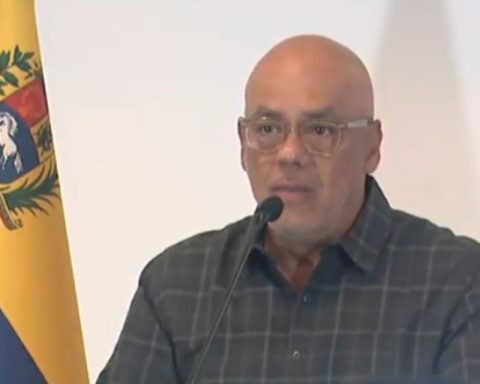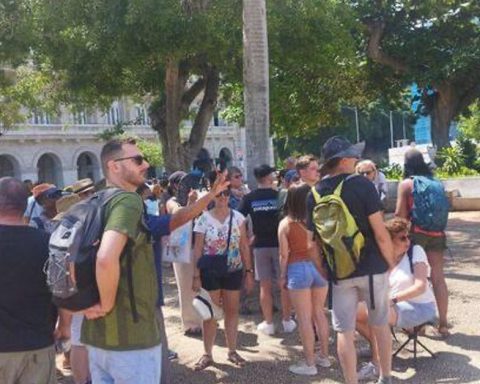Since the beginning of the year, more than 62.78 kilometers of cables have been stolen from Supervia, the concessionaire that operates the urban railway network in the state of Rio de Janeiro. The data includes the consolidated between January and November. This is a drop of 26.2% compared to the same period in 2023, when the theft of 85.12 kilometers was recorded.
According to Supervia, a railway transport operating company, this type of crime has represented a challenge for public security in the State and for the concessionaire for some years. In 2024, April was the month in which the largest length of stolen cables was recorded: 7.32 kilometers. The smallest was October with 4.07 kilometers.
The concessionaire considers that the reduction observed in 2024 is influenced by a set of safety actions, including the adoption of nanomarkers, an initiative implemented by the concessionaire from this year onwards. This is a type of varnish applied to all cables, so that they can be identified. The measure was adopted with the expectation of inhibiting the actions of criminals.
“With the solution, which is permanent, technicians can find out from the illegal receiver whether or not the cable belongs to the utility company. The technology also allows them to know the origin of the wire, even if the receiver burns it or scrapes it, which are practical common among criminals”, records a note released by Supervia.
The concessionaire also cites the increase in the number of agents involved in the Military Police Security Integration Program (Proeis). “On average, there are six men at each station and in the ‘belt’ – nearby stations that can also be bypassed.” Even with the drop, the scenario is a cause for concern for Supervia. “Cable theft is still a persistent problem that hinders the complex operation of trains in the Metropolitan Region of Rio de Janeiro”, says the note.
Wanted by Brazil Agencythe Rio de Janeiro Military Police reported that it maintains policing around the stations and acts in support of the concessionaire whenever requested, in addition to working in partnership with local Civil Police stations to identify and arrest criminals.
According to the data presented, from January to October of this year, 497 incidents were recorded, with 703 people arrested. Furthermore, the Military Police report having seized around 34 tons of cables.
The Civil Police of Rio de Janeiro stated in a statement that it investigates all registered cases. “The Robbery and Theft Police Station (DRF) also carries out continuous actions against irregular scrapyards that receive this type of stolen metallic material. Efforts are underway to identify and hold the entire criminal chain accountable”, records the text.
Transition
Rio de Janeiro’s urban trains travel along a network of around 270 kilometers. There are five branches, three extensions and 104 stations. Cable theft is cited by Supervia as one of the main reasons for its financial difficulties and quality problems in service offerings. Frequent travel interruptions, as well as overcrowding of carriages, became a reality amid the crisis that has been going on for a few years.
“The theft of cables undermines all planning and affects the intervals between trains, because the command for the driver to continue the journey is now made via radio by the team of controllers working in the Operational Control Center (CCO), and no more than automatically. It is as if the signals on an avenue had gone out and traffic control was now carried out by a guard. Therefore, the trains began to travel more slowly, to guarantee operational safety and the lives of all passengers. employees and customers”, states the dealership.
Supervia entered judicial recovery in 2021, recording losses reaching R$1.2 billion. At the time, she maintained that the situation resulted from the impacts of the Covid-19 pandemic, the freezing of tariffs and public safety issues, especially the theft of cables. The state government, on the other hand, considers the explanations.
The Gumi consortium, formed by Japanese companies that currently control Supervia, has already threatened to return the operation of urban trains a few times. At the same time, the Regulatory Agency for Public Transport Services Grants (Agetransp), an agency linked to the Rio de Janeiro government that oversees transport concessions, has applied fines to Supervia for breach of contract, including lack of planned investments.
The parties managed to reach an agreement at the end of November, aiming to transition the service until a new tender was held. Supervia and the government of Rio de Janeiro aligned the bases for a process that should last between 6 and 9 months.
During this period, an investment of R$450 million should be made, with R$300 million from the state coffers and R$150 million from the concessionaire. THE agreement was approved by the Court of Justice of Rio de Janeiro (TJRJ) at the beginning of this month.
